Living on an island in the middle of the Mediterranean, chances are that fish are an integral part of your diet. But do you think about how the fishing industry actually works? Kirsty Callan talks to Dawn Borg Costanzi about the need for safer, more ethical practices.
When you sit down to eat your next tuna steak, will you be thinking about where the fish came from, and how it was caught? Will you be thinking about the fishermen’s working conditions? The likely answer is no. But these are ‘real problems in the global fishing industry,’ says Dawn Borg Costanzi. Working from the London hub of the international NGO ‘The Pew Charitable Trusts,’ Borg Costanzi and her colleagues are on a mission to end illegal fishing.
A series of coincidences
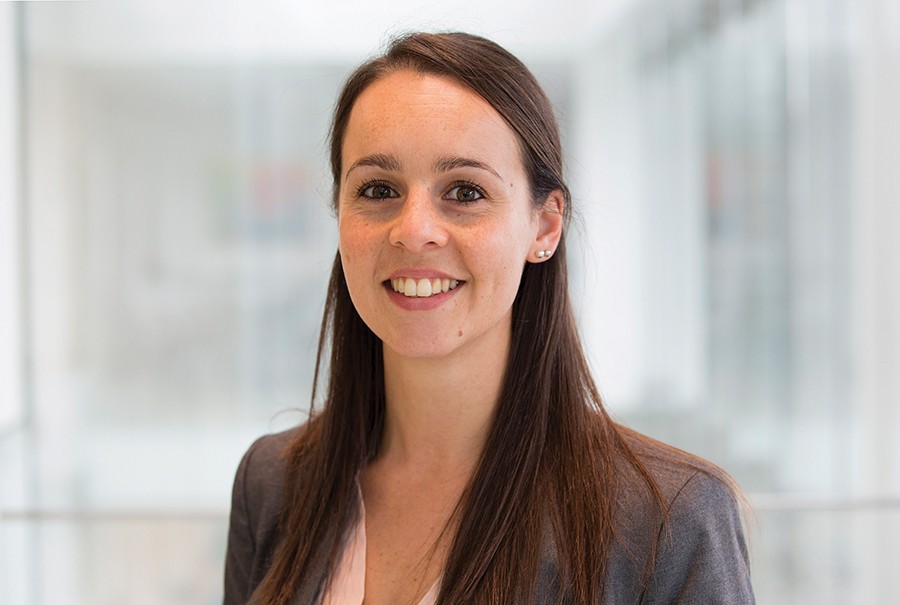
Borg Costanzi found herself working in fisheries policy after completing a BSc in IT (specialised in computer science and artificial intelligence). After graduation, she got a job with a Maltese software development company, and she started working on a project tracking fishing vessels for the government’s Department of Fisheries and Aquaculture. By the end of the project, she and her team had re-developed the electronic register of fishing boats for the Maltese Islands.
The project attracted the attention of the United Nations. The Food and Agriculture Organization (FAO) wanted to develop a similar register for the whole of the Mediterranean, and needed someone from the Maltese team to consult with them for a year and share their local experiences. Borg Costanzi rose to the occasion. The relationship continued to flourish when FAO set its sights on a global register of fishing vessels.
Borg Costanzi moved to Rome for six years to work with FAO on the software development side of things. She helped build the Global Record of fishing vessels and a questionnaire for countries to report their progress in fostering responsible fishing practices. The goal was to crack down on illegal, unreported, and unregulated fishing. Together with her team, she presented the prototype of the Global Record at the Committee on Fisheries in 2014, a biennial meeting attended by representatives from all fishing countries to take decisions on fisheries management. ‘It was met with very positive feedback—it was a great moment,’ she says.
But as time rolled on, Borg Costanzi slowly became more involved in policy-making. Today, this is her primary work with ‘The Pew Charitable Trusts.’ ‘We want to ensure the sustainability of three things: the fish, boats, and people,’ she explains. They do this by trying to get policy agreements through the UN and other international fisheries management bodies.
Shining light
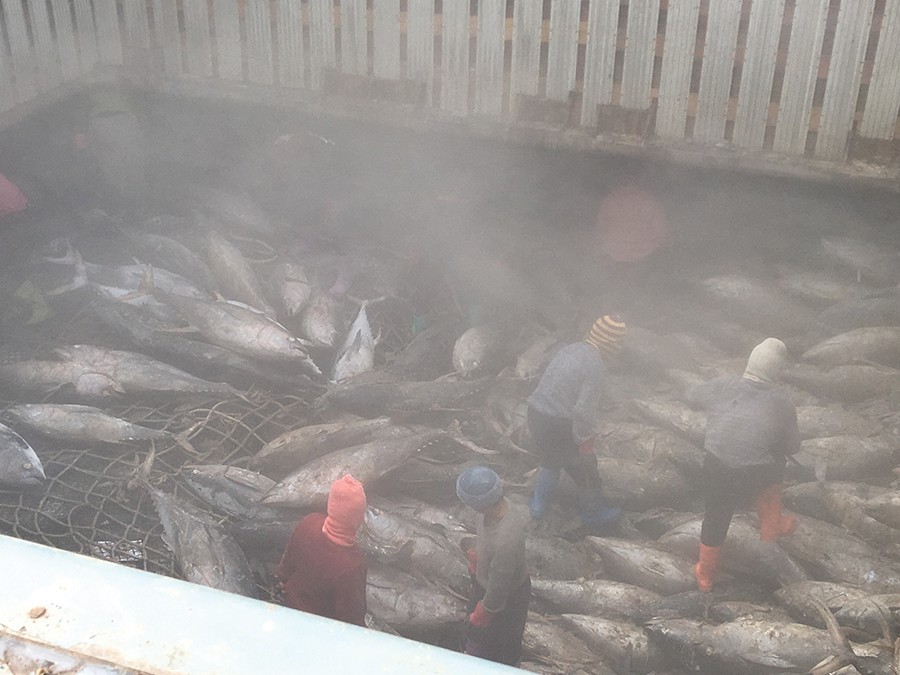
‘When you say illegal fishing, people think about some boats catching too many fish. That is a big problem but it’s not the only thing,’ Borg Costanzi adds. Ships are fishing where and when they shouldn’t, the catch is not always reported accurately, and some areas simply have no fishing rules or regulations. Some fishing methods can damage the seabed, and safety is a major problem. There are human rights issues that should also be considered. Fishing is the second most dangerous occupation in the world with 24,000 deaths annually and people often go missing at sea,’ she says. But it gets worse. In some parts of the world, ‘fishermen are offered contracts but payments aren’t honoured. Sometimes they can be stuck on board for years at a time, practically locked up in cages, with not enough food and working 20 hours a day.’ Sometimes fishing becomes slavery.
Ask your fishmonger: is this a local fish? Is it farmed? How was it caught? Was it transported? Was it frozen? ‘These questions show the supply chain that the consumers care, and that makes them [the industry] clean up their act,’ she says.
Dawn Borg Costanzi
‘Consumers can do their bit in fighting against this by showing interest,’ Borg Costanzi insists. Ask your fishmonger: is this a local fish? Is it farmed? How was it caught? Was it transported? Was it frozen? ‘These questions show the supply chain that the consumers care, and that makes them [the industry] clean up their act,’ she says. Look out for certification and eco-labels on pre-packaged food, as an indication of sustainable fishing. On a personal level, she encourages people to eat a variety of local fish that are in season. This is something people are becoming more aware of. However, habits are still hard to break and this is why some fish, like tuna, is now close to becoming endangered.
Ultimately though, Borg Costanzi concedes that consumers have little way of knowing whether their seafood has been caught illegally. It is the authorities that must set up appropriate checks at the ports and when authorising ships for fishing. Seafood suppliers should ensure the traceability of their supply chains—everything also needs enforcement.
Reflecting…
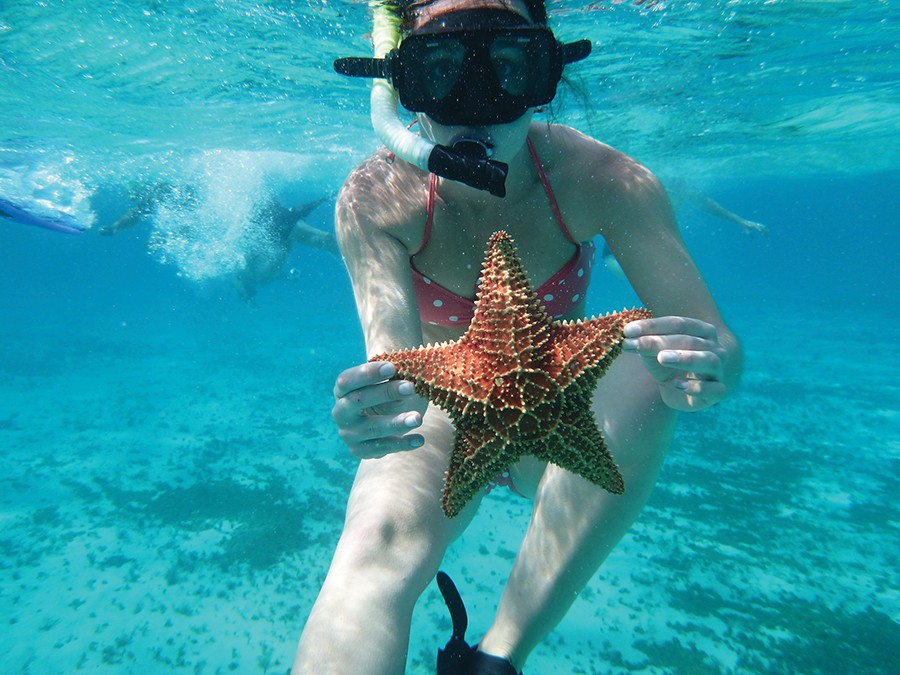
Despite her success in fisheries, the kind of work Borg Costanzi does was not something she always aspired to. ‘When I started doing IT, I didn’t know the world of fisheries management even existed,’ she says. ‘But it’s only when you actually enter an industry that you get to know the full extent of the opportunities available. You just have to be open to new experiences.’ On this note, ‘it’s important [for others] to know that you don’t have to be restricted to what you study. It’s OK to feel like you’d prefer to do something else and decide to change paths. As long as you can show [that] you are adaptive and can learn easily, and are interested in other things, it doesn’t matter,’ she says—some healthy career advice.
Speaking candidly about her own path, Borg Costanzi recalls a brief period when she stepped outside the fishing world to work for an online university. She soon realised, however, that her heart wasn’t in it. ‘I thought I’d go back to doing IT full-time. I thought the fisheries projects had just been a short stint, but I soon realised I wasn’t making good use of my experience and I went back.’
Borg Costanzi now feels very committed to the work she’s doing combating the illegal fishing industry. ‘These are serious problems that we are tackling and there is a huge team behind it all,’ she says, noting that it will take a long time to resolve these ‘if it is even possible.’ But she remains hopeful: ‘small efforts make a big difference when you combine them,’ she continues.
‘It’s the idea that you’re doing something for the greater good, which is a bit cliché but also true,’ she continues. ‘I can see a clear path of how my work can take us from working on illegal fishing to really improving food security and making sure people have enough food to eat—for me, that’s very, very important.’

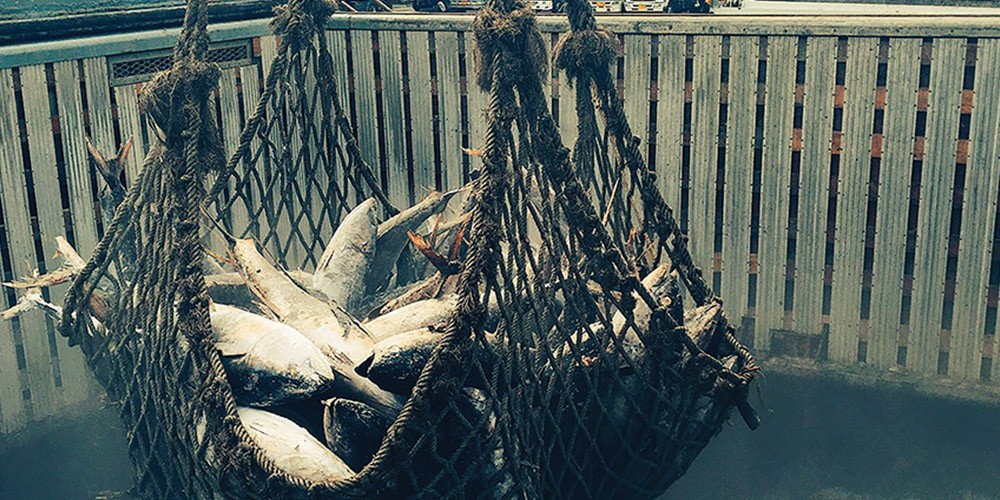


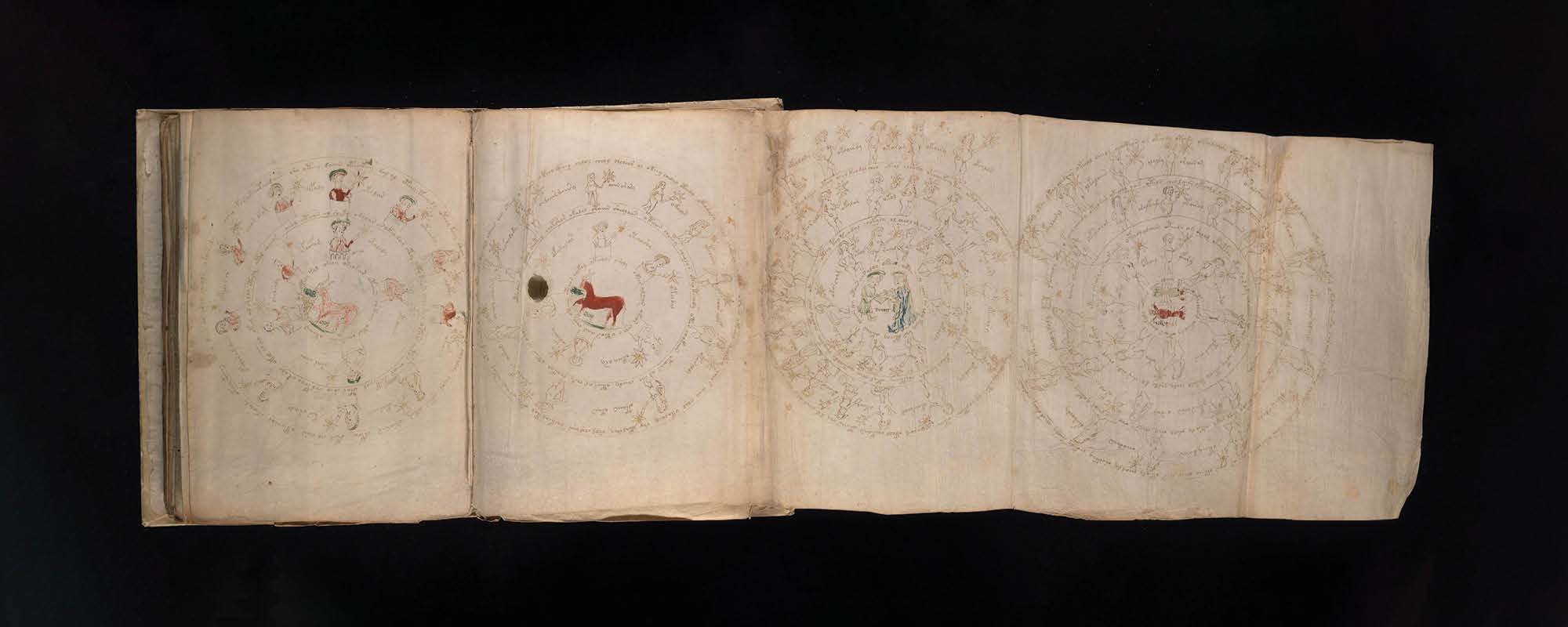
Comments are closed for this article!